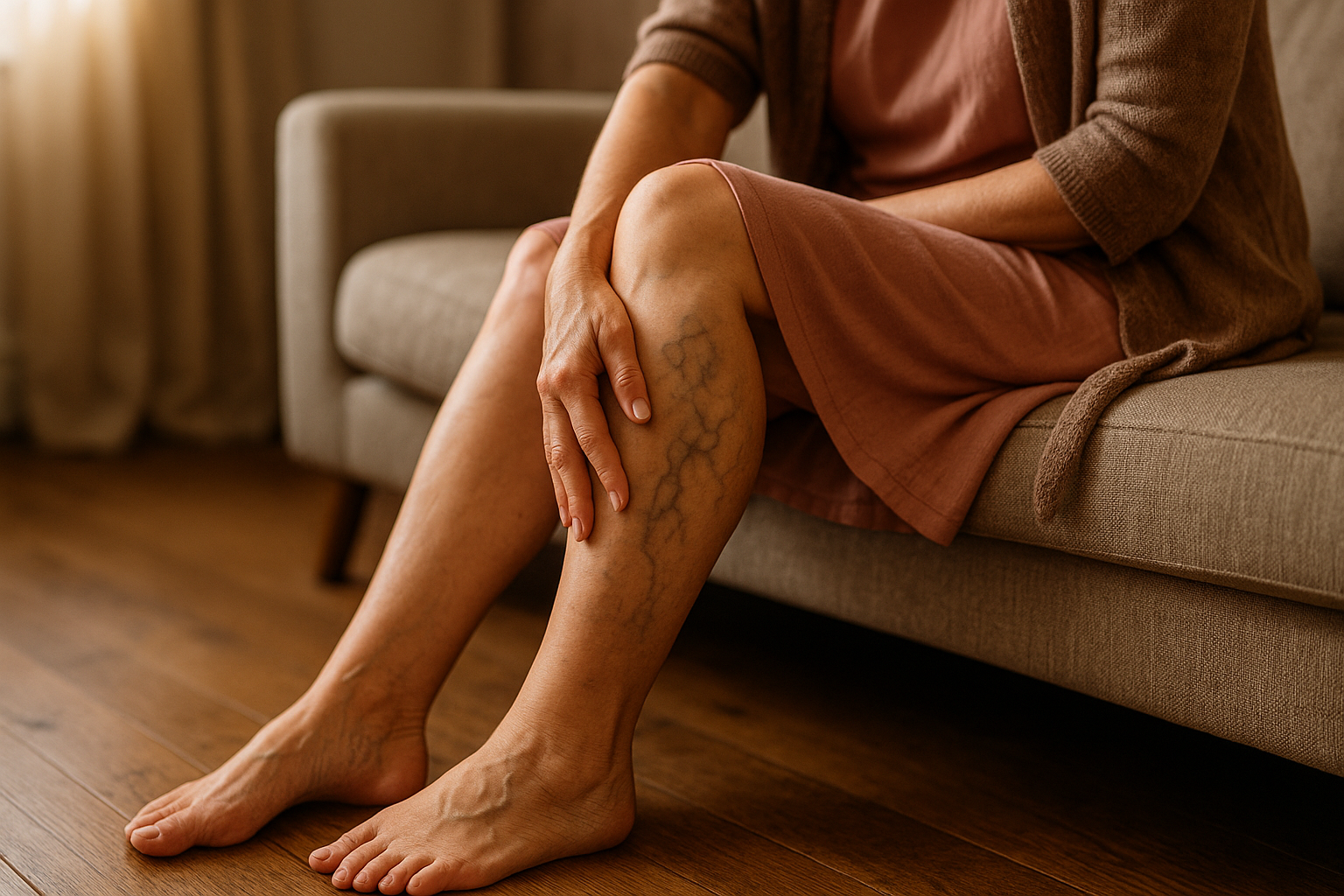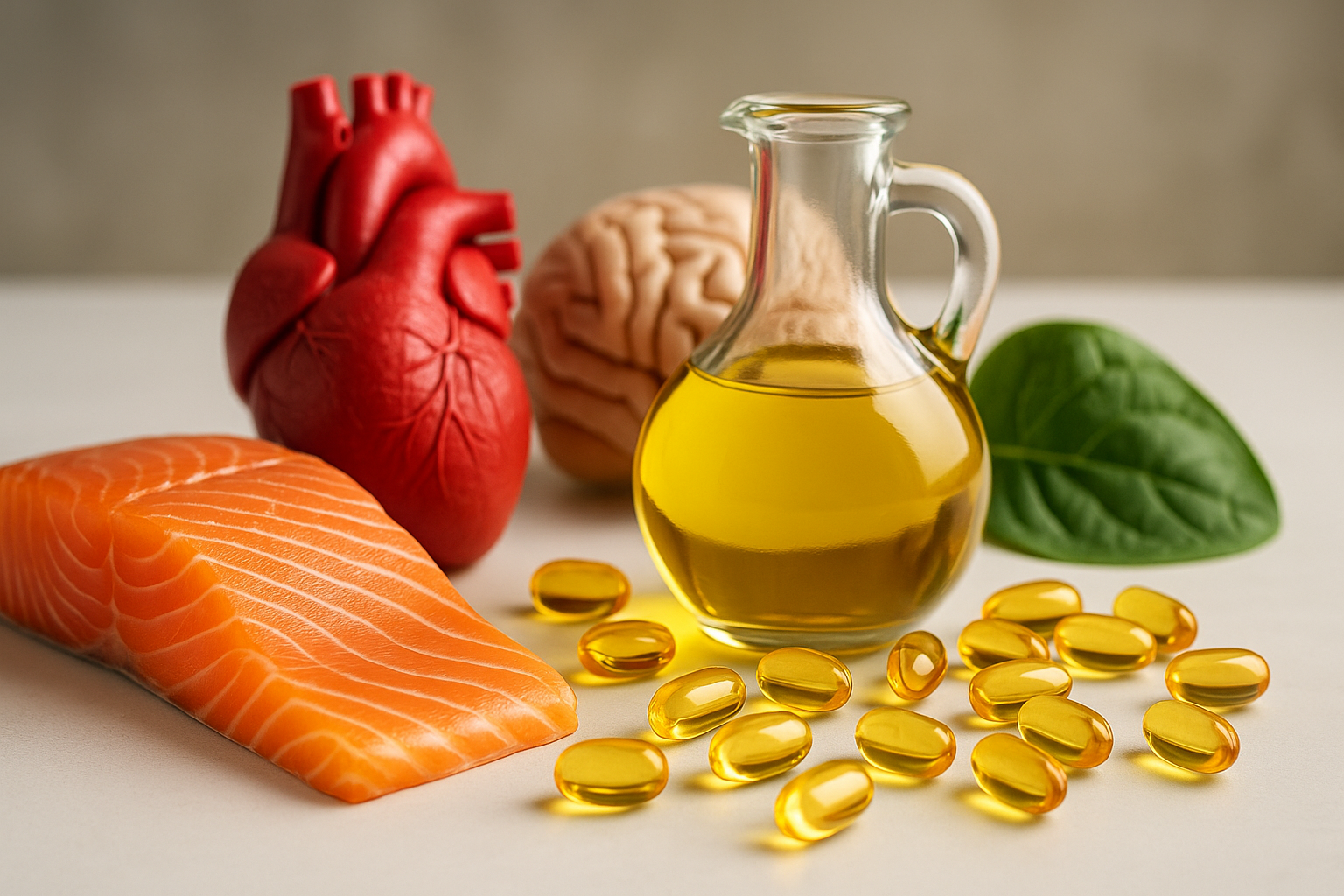
According to the German Society for Psychiatry and Psychotherapy, Psychosomatics and Neurology, mental illnesses are among the four most important causes for the loss of healthy years of life in Germany. For example, the effects of depression can at least be limited with herbal remedies.
Would you like to see some really frightening figures? Numbers that will probably make you sit down and digest them? Then let's go: It's about the basic data on mental illnesses in Germany that the German Society for Psychiatry and Psychotherapy, Psychosomatics and Neurology e.V. collects. The current evaluation (as of October 2020) states: In Germany, about 27.8 per cent of the adult population is affected by a mental illness every year. This corresponds to about 17.8 million affected persons. The most common disorders include anxiety disorders (15.4 per cent), followed by affective disorders (9.8 per cent, unipolar depression alone 8.2 per cent) and disorders caused by alcohol or drug use (5.7 per cent).
According to the German Society for Psychiatry and Psychotherapy, Psychosomatics and Neurology, mental illnesses are among the four most important causes for the loss of healthy years of life in Germany after cardiovascular diseases, malignant neoplasms and musculoskeletal diseases. People with mental illnesses also have a ten-year shorter life expectancy compared to the general population. In 2018, around 9300 people took their own lives in Germany. Between 50 and 90 percent of suicides can be attributed to a mental illness.
An average of 39 days lost due to mental illness
And most recently, the newsletter "Digital Health", published by the business newspaper "Handelsblatt", reported that the number of days absent due to mental illness rose sharply during the Corona crisis. At the DAK health insurance fund alone, insured persons were absent for an average of 39 days in 2020 due to a mental illness. This is a new high.
According to "Handelsblatt Digital Health", psychotherapy apps are one solution for companies to improve the mental health of their employees. The background: even before the Corona crisis, it was difficult for patients with mental illnesses to get an appointment with a specialist. Waiting times of months were common. The Corona contact restrictions and the increase in mentally ill patients had exacerbated the situation.
Psychotherapy apps also in use after the Corona crisis
This will not change once the "Corona crisis" is over. Volker Nürnberg, specialist for health management at the consultancy BDO and professor at the Allensbach University of Applied Sciences in Constance, therefore does not believe, according to "Handelsblatt Digital Health", that psychotherapy apps will be removed from company health programmes again after the Corona crisis. On the contrary: "Corona acts as a catalyst. I assume that the trend will continue after the Corona crisis and that mental illnesses will be increasingly treated with digital measures."
The health insurance company Barmer has a similar view: "The Corona pandemic has shown how important it is to strengthen mental health. For this reason, in our view, digital offers for stress management and strengthening resources will continue to be a component of company health management in the future," the health expert newsletter quotes Mustapha Sayed, expert for company health management at Barmer.
With online training against mental illness
The Berlin-based start-up Hellobetter, for example, offers various apps for the therapy of mental illnesses. The online training helps users to overcome mood lows and to find out how they can draw new strength and joie de vivre from their everyday lives. Users also learn how to prevent depressive moods and improve their quality of life with the help of scientifically based methods and exercises. If desired, a coach accompanies the user through the online training. According to Hellobetter, three clinical studies prove the effectiveness after completing the online seminar.
It is important to know that Mother Nature offers many solutions for dealing with depression, for example. Herbal antidepressants also have several advantages over the chemical version: they are well tolerated, are not addictive, do not lead to withdrawal symptoms and do not cause concentration and reaction disorders for hours after taking them - a so-called hangover.
Depression: Combination of CBD and vitamins B6, C and D very effective
CBD (an active ingredient of the cannabis plant) has proven to be a natural mood enhancer. A study by the University of Chicago (2012) confirmed that CBD is suitable as a possible treatment for depression. It was shown that CBD oil could also improve cognitive performance in patients with bipolar disorder. In addition, the researchers found that injecting CBD oil into a rat could stimulate the so-called hippocampus area, which could create new neurons in the brain. This could turn out to be a way to alleviate the most common symptoms of depression. CBD increases the production of dopamine and serotonin in the brain. And with that, the mood then automatically rises.
Equally important are vitamin C and vitamin B6, which each contribute to normal mental function and normal functioning of the nervous system, as well as reducing fatigue and tiredness. Vitamin B6 also leads to the regulation of hormone activity, which is also important for our well-being. In the product "CBD Happy Soft Gums", Natura Vitalis combines vitamins B6, C and D and CBD into a highly effective formula with an extremely high bioavailability. Almost all active ingredients are released by sucking or slowly dissolving in the mouth via buccal absorption (absorption via the oral mucosa).
This text may contain translation errors as the translation was done by an online translation tool.










